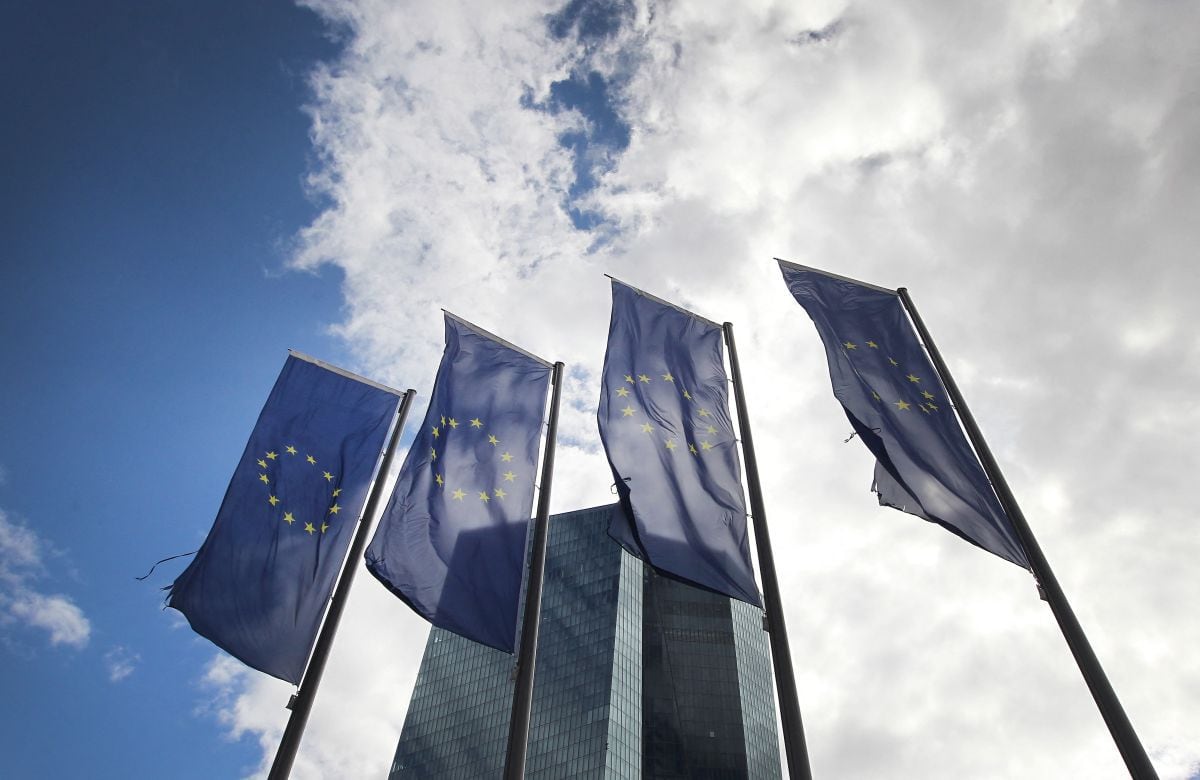
Inflation is cooling, which means that major central banks may start to think about ending interest rate hikes, even if most are not there yet.
The Bank of England, an outlier in some ways given the persistence of British inflation, raised its benchmark rate by half a percentage point on Thursday, more than expected.
Traders expect one more hike from the US Federal Reserve and two more from the European Central Bank.
So far, nine developed economies have raised rates by a total of 3,740 basis points (bp) in this cycle. Japan is the exception.
This is the situation in which some central banks find themselves based on how much they have raised the cost of money so far in the cycle.
1) United States
On June 14, the Federal Reserve paused its most aggressive series of rate hikes since the 1980s, holding the range between 5% and 5.25%, but steadfastly resisted confirming an end to monetary tightening.
The pause gives officials time to gather information before determining if rates need to be raised again, Fed Chairman Jerome Powell said. But the authorities also projected two more increases of 25 basis points this year. The US economy has held up better than the Fed expected, while inflation has declined more slowly than expected.
2) Great Britain
The Bank of England raised interest rates by 50 basis points to 5% on Thursday, its highest level since 2008 and the biggest rise since February, after saying news had been produced.significant” which suggested that inflation would take longer to come down. “The economy is doing better than expected, but inflation is still too high and we have to deal with itBoE Governor Andrew Bailey said. “If we don’t raise rates now, it could be worse later”, he added.
3) Australia
On June 6, the central bank raised its rate by a quarter point to 4.1%, its highest level in 11 years. The Reserve Bank of Australia stated that inflation was still too high and further tightening may be needed to ensure that price pressure returns to target. Markets are pricing in a one in three chance of another hike in July.
4) Eurozone
The ECB on Thursday raised its rate 25 basis points to 3.5%, the highest level in 22 years. He expects inflation to stay above its 2% target through 2025 and hinted at more hikes to come. ECB President Christine Lagarde noted that “Economic growth is likely to remain weak in the near term, but to strengthen over the course of the year as inflation eases”.
5) Japan
The Bank of Japan remains the most pessimistic central bank in the world, with its new governor Kazuo Ueda.
It is expected that he will maintain a very loose monetary policy at his next meeting on July 27 and 28. Although it could signal that inflation is exceeding your forecasts, it is highly unlikely that this will trigger a sudden rate hike.
On Wednesday, Ueda reiterated the agency’s dovish stance to maintain its ultra-loose monetary policy.
Source: Reuters
Source: Gestion
Ricardo is a renowned author and journalist, known for his exceptional writing on top-news stories. He currently works as a writer at the 247 News Agency, where he is known for his ability to deliver breaking news and insightful analysis on the most pressing issues of the day.












